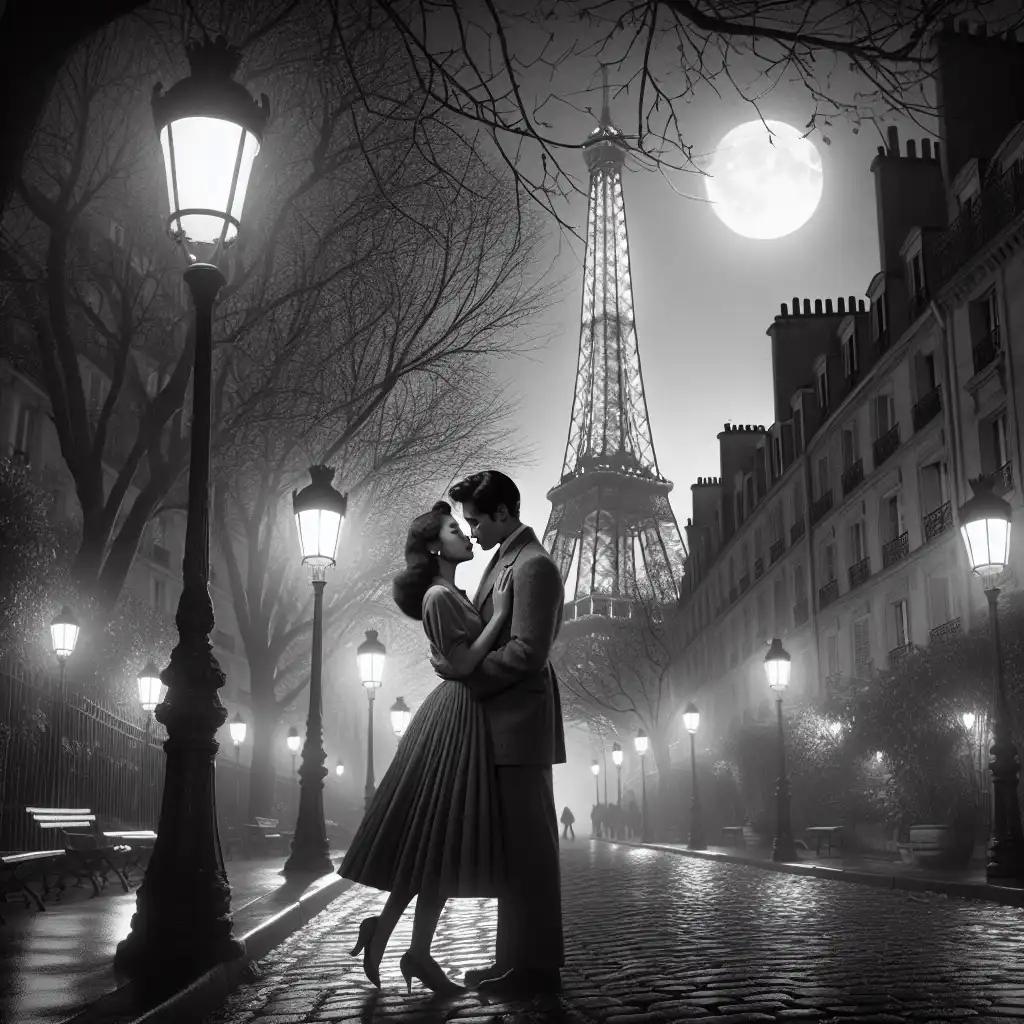
Amour
Romantic Context
Use 'amour' when discussing a romantic relationship, often extramarital or secretive.  Their secret amour began with subtle glances.
Their secret amour began with subtle glances.
French Origin
'Amour' is French for love; using it adds a touch of sophistication or romance to the English text.  His amour was as fervent as a Parisian night.
His amour was as fervent as a Parisian night.
Literary Flair
The term 'amour' carries a literary flavor, suited for written narratives, poetry or storytelling.  In the novel, her unrequited amour propelled the plot.
In the novel, her unrequited amour propelled the plot.